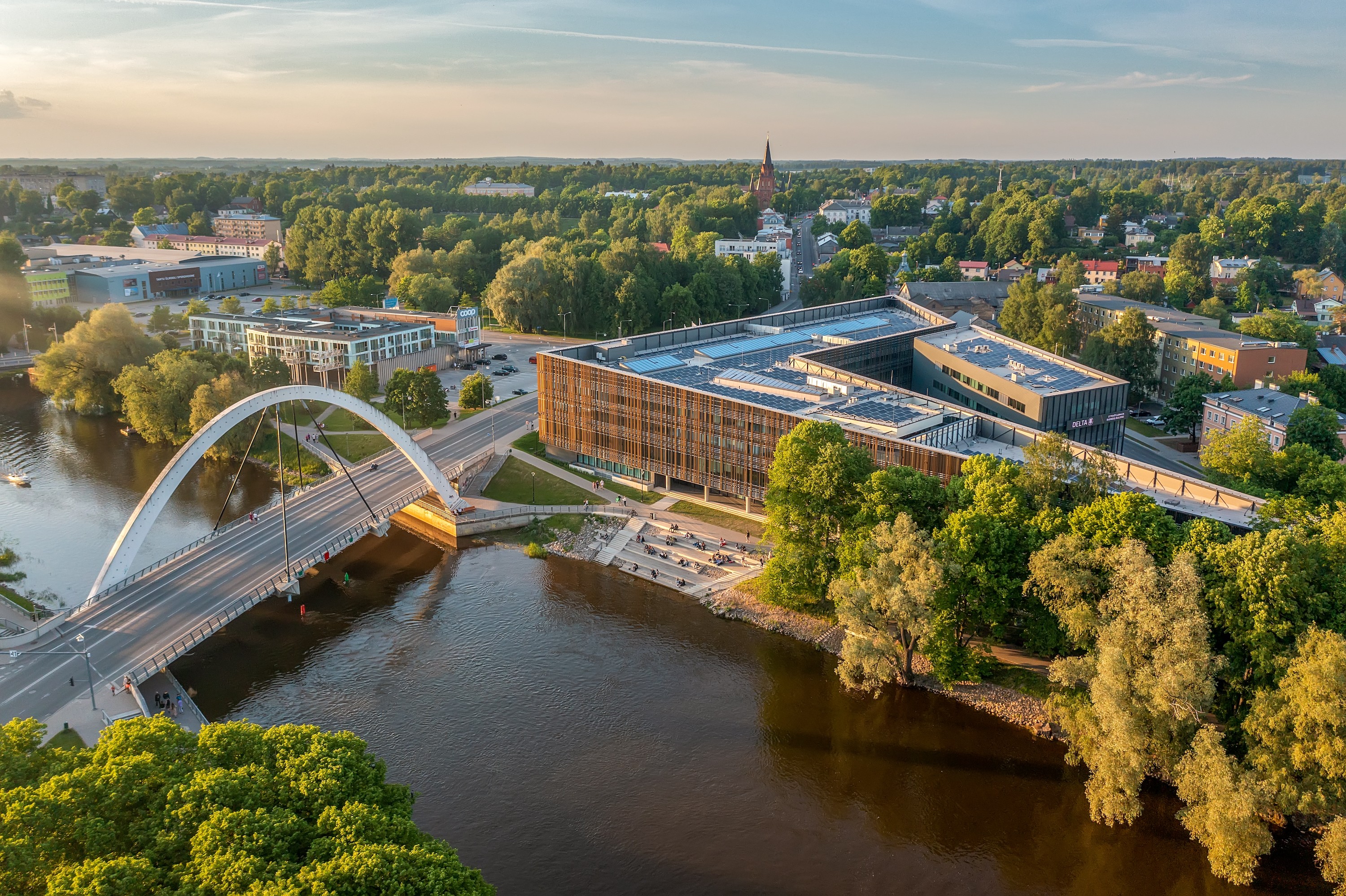A Month at Tartu: My Experience with the SoBigData Transnational Access Program
Thanks to the generous support provided by the Big Data Research Infrastructure’s Transnational Access (TNA) program, I had the incredible opportunity to carry out a portion of my research at one of the prestigious nodes of the SoBigData Research Infrastructure, located in Tartu, Estonia.
This program opens doors for researchers like me to collaborate with world-class experts, access cutting-edge technologies, and push the boundaries of big data research. Reflecting on my time there, I can confidently say it was a transformative experience.
Why Tartu? The Path to My Decision
My journey to Tartu began earlier this year when I attended the Mobile Tartu 2024 conference. This event brought together researchers from across the globe, united by a common interest in mobility studies and big data. It was during this conference that I was first introduced to the vibrant academic community at the University of Tartu. The city itself, with its rich history and academic atmosphere, immediately caught my attention. I was impressed not only by the infrastructure but also by the innovative projects being undertaken by researchers in my field.
Throughout the conference, I had the privilege of meeting several researchers, and I knew then that Tartu was a place where I could see myself conducting long-term research. However, without the support of the TNA grant, this aspiration would have remained out of reach. Fortunately, the grant made it possible for me to return to Tartu for a month to deepen my research and collaborations.
The Start of My Research at the University of Tartu
Upon arriving in Tartu, I was immediately welcomed into an environment that was both inspiring and supportive. The infrastructure provided to visiting researchers was excellent, from state-of-the-art computing resources to a well-equipped office. I was fortunate to have engaging and collaborative office mates, which made settling in easy and facilitated frequent exchanges of ideas.
During my stay, I had the privilege of collaborating with The Mobility Lab, an interdisciplinary research group that focuses on human mobility and its relationship with society and the environment. The lab’s research is based on mobile big data, and its innovative approach aligns perfectly with my own work in mobility studies. I also worked closely with Professor Rajesh Sharma from the Department of Computer Science, who was my official TNA host.
This collaboration was ideal because my research lies at the intersection of mobility and computational analysis. By combining Professor Sharma’s expertise in computer science with the insights and methodologies of The Mobility Lab, we were able to approach my research question from multiple angles. The interdisciplinary nature of the work not only enriched my project but also broadened my perspective on the potential applications of big data in mobility studies.
Falling in Love with Tartu and Estonia
Beyond the academic opportunities, I quickly found myself enchanted by Tartu and Estonia as a whole.
Tartu, often referred to as Estonia’s "intellectual capital," is a city steeped in history and known for its vibrant academic culture. Home to the University of Tartu, which dates back to 1632, the city has a long-standing tradition of education and research. Walking through the streets of Tartu, you can feel the intellectual energy that pervades the city. From its impressive university buildings to its bustling cafes filled with students and professors, it is clear that this is a place where ideas are born and nurtured.
The city's compact size makes it easy to explore, and I quickly grew to love its charming mix of old-world architecture and modern amenities. The Toomemägi hill, crowned by the ruins of Tartu Cathedral, offers a quiet retreat in the heart of the city, while the banks of the Emajõgi River provide scenic walks that offer moments of reflection after a day in the lab.
Estonia itself is a forward-thinking country known for its digital innovation and technological advancements. Often referred to as the "Silicon Valley of Europe," Estonia has become a global leader in digital governance, e-residency, and cybersecurity. This emphasis on digitalization extends to the research community, where data-driven solutions are at the forefront of many projects. The country's deep commitment to technology and research made it an inspiring backdrop for my own work.
Take a look at a video I made: https://vimeo.com/1005073886?share=copy
Key Takeaways from My Experience
One of the most valuable aspects of the TNA program is the opportunity to engage with researchers from diverse backgrounds and disciplines. The interdisciplinary nature of the SoBigData Research Infrastructure allowed me to approach my research in ways I hadn’t previously considered. Collaborating with experts in computer science, sociology, and environmental studies opened new avenues of exploration for my project.
The support I received during my stay was exceptional, and the experience reaffirmed the importance of international collaboration in advancing research. Without the TNA grant, I would not have had access to the wealth of knowledge, resources, and expertise that I found in Tartu.

